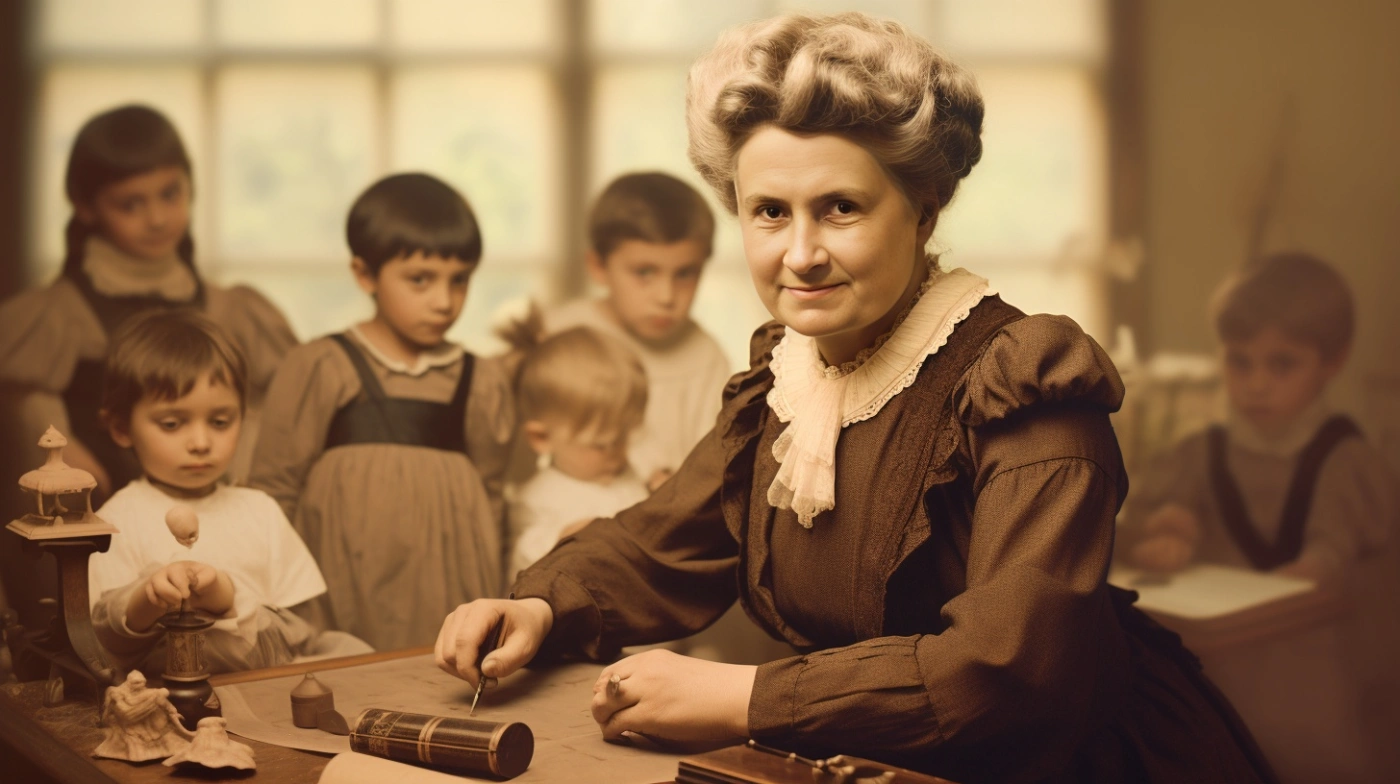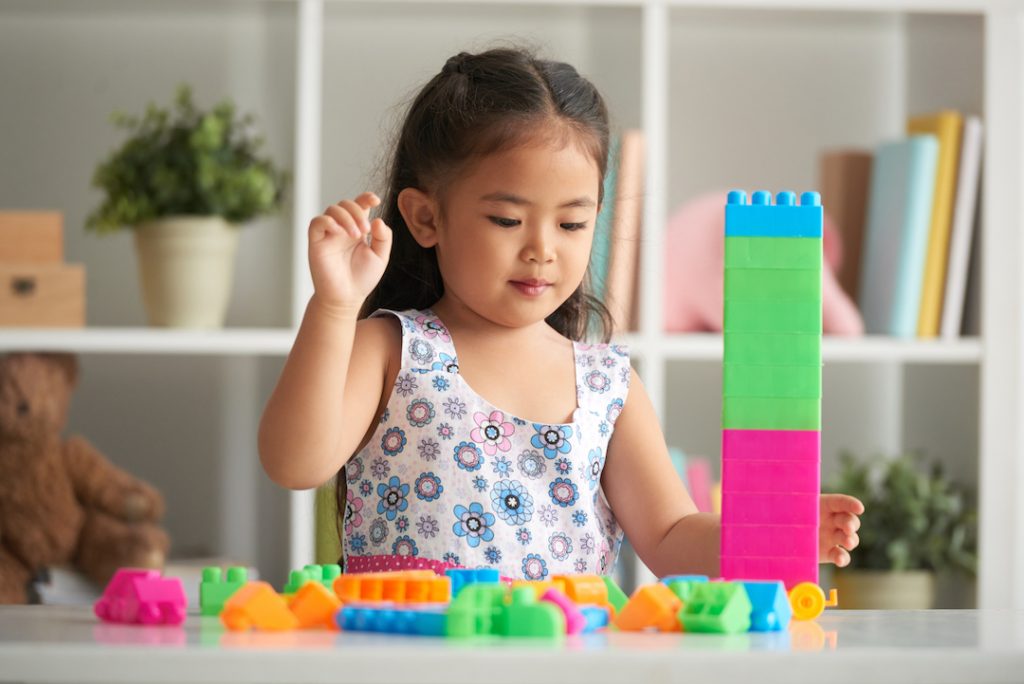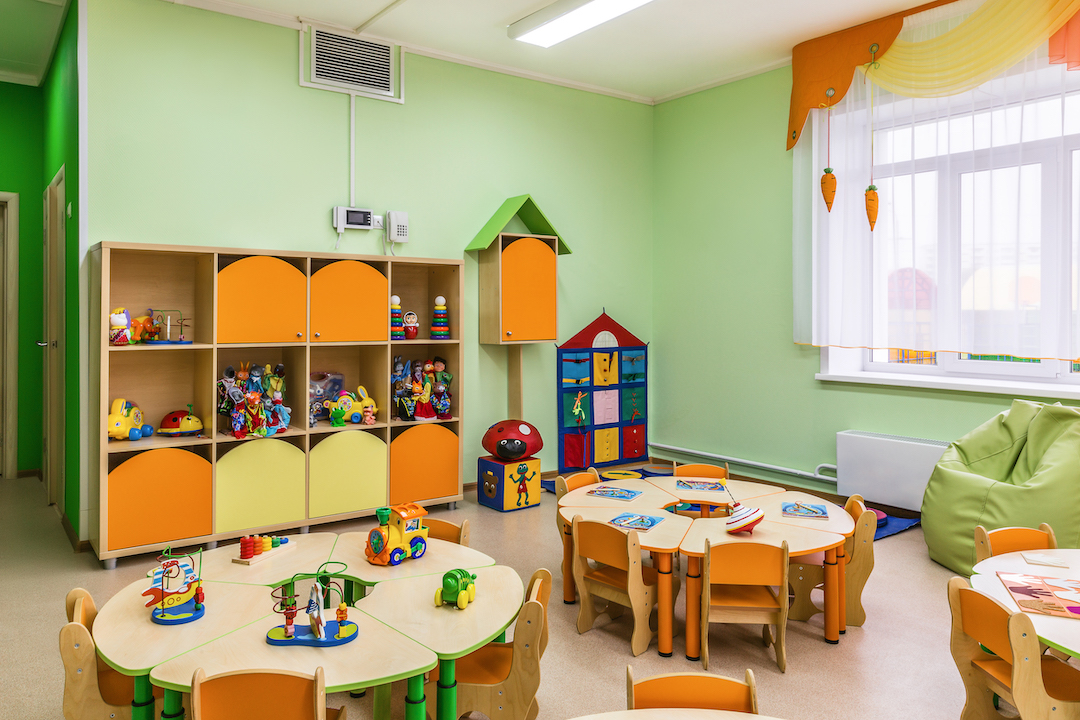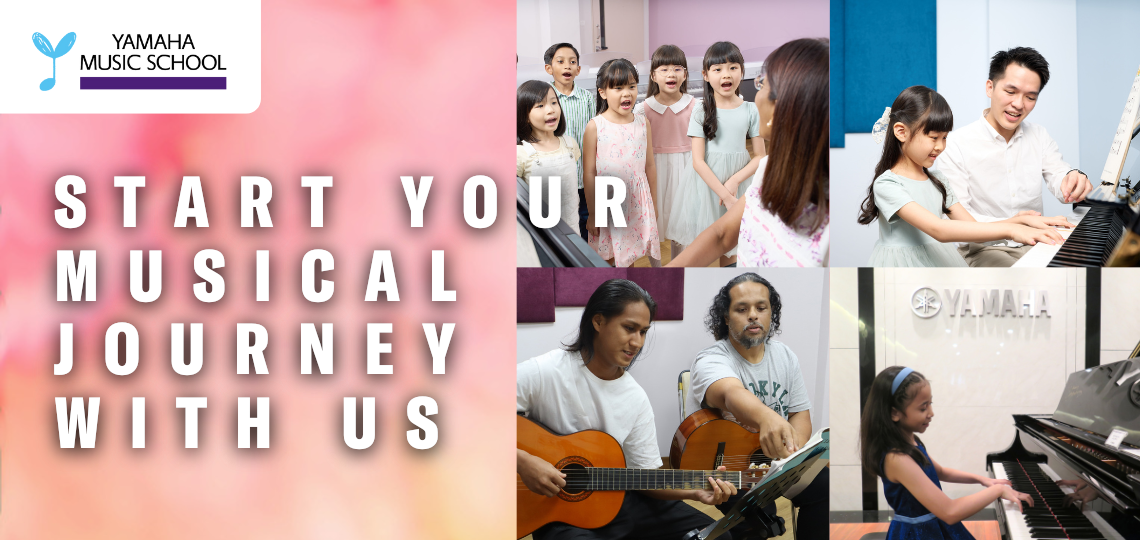What is the Montessori Method?

Developed by the visionary educator Dr. Maria Montessori in the early 1900s, the Montessori Method or Montessori Education Is a holistic approach to education that focuses on fostering independence, creativity, and a love for learning in children (from ages typically associated with preschool or kindergarten). At its core, this philosophy recognises that every child is a unique individual with an innate desire to explore and understand the world around them.
In a Montessori classroom, children are encouraged to move freely and choose their own activities. They need to choose from a carefully curated selection of hands-on materials. They guided by a lesson plan for kindergarten, designed to cultivate specific skills. The role of the school teacher, or “guide,” is to observe each child’s interests and learning style. Teachers are highly trained professionals who meticulously craft a stimulating and nurturing environment for children. They leverage a variety of carefully chosen school supplies and hands-on materials to gently guide them towards activities that will challenge and engage them.
Which Learning Style Thrives with the Montessori Method?

It is particularly well suitable for kinesthetic and visual learners while the Montessori Method can benefit children of all learning styles. These are the curious explorers who learn best through hands-on experiences and sensory stimulation. The multi-sensory materials and emphasis on self-directed, tactile learning provide the perfect environment for these inquisitive minds to flourish.
The Pros: A World of Benefits
- Fostering Independence: By allowing children to make their own choices and progress at their own pace, it cultivates a strong sense of independence, self-confidence, and intrinsic motivation.
- Individualised Learning: With small class sizes and a low student-to-teacher ratio, it guides can closely observe and cater to each child’s unique learning needs, ensuring a personalised educational experience.
- Respect and Collaboration: The core essence of this method emphasises respect for self, others, and the environment, instilling valuable social skills and a spirit of community cooperation.
The Potential Drawbacks
- Limited Structure: Some parents may find the free-flowing nature of Montessori classrooms too unstructured, preferring a more traditional, teacher-directed approach.
- Cost: High-quality Montessori schools can be expensive, potentially limiting access for some families.
- Transition Challenges: Children transitioning from the setting to a traditional classroom may initially face challenges(learning style of teacher-centred approach & pace). By adapting to a different learning environment.
Despite these potential drawbacks, it is an exceptional choice for nurturing children’s innate curiosity and love of learning. By fostering independence, respecting each child’s unique abilities, and creating a collaborative and supportive environment. This educational philosophy equips children with priceless skills for navigating the world around them.
Why Choose Montessori?

If you’re seeking an educational experience that celebrates your child’s individuality and encourages them to reach their full potential, the Montessori Method may be the perfect fit. This nurturing approach encourages your little ones to blossom into confident, self-motivated learners with a lifelong passion for discovery.
Discover the Best Montessori Preschool for Your Child
Looking for a preschool with a Montessori teaching methodology? Start your search by heading over to our school directory! Simply search “Montessori” to discover the best Montessori programs in your area!

Easily register your child for Standard 1 in Malaysian public schools for the 2025/2026 year with our step-by-step guide. Learn about online applications and required documents.

Daycare Fees in Malaysia: How Much Should You Expect to Pay?

Estimating Your Child’s Education Costs in Malaysia: A Practical Guide




